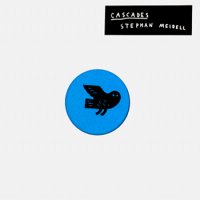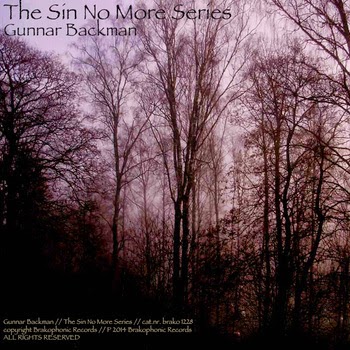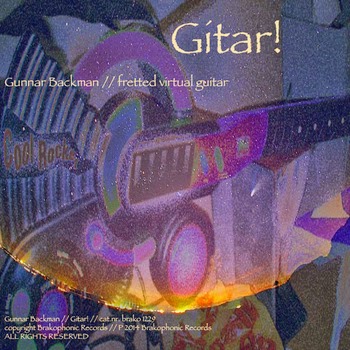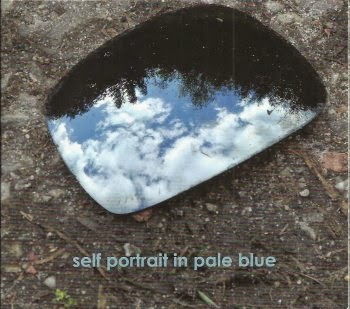An occasional series where we delve into recent guitar related releases. We’re kicking off guitar week with a set of solo guitar recordings…
Manuel Mota – Blackie and Headlights
By Chris Haines
The Portuguese guitarist occasionally finds himself being compared to Derek Bailey. This is not a comparison that I have ever bought into as I have always felt that their styles and techniques are so completely different. Mota has always had an increased sense of space in his music, which seems almost the opposite to Bailey’s rich and complex tapestry woven by his quick and nimble leaping around the fretboard. When it comes to these comparisons I think what I’m trying to get at is that the texture of their music is completely different. Maybe what has driven this argument is that Mota gained high praise from the master himself, but probably gained this accolade because he was creating music that was different to Bailey’s. Having listened to these two recordings by Mota, that have been released on his own label this year, I’m not likely to change my mind anytime soon. Both releases are for solo guitar and demonstrate and explore different sides to Mota’s playing.
Blackie (Headlights 2014) ***½
This album features Mota’s sparse fingerpicking style with the sound of the guitar drenched in reverb creating music of a reflective and contemplative nature from the guitarist. There are four tracks on this album, all with the same overall feel to them. When listening very closely, which this sort of music demands from the listener, the attention to detail is what generates the interest with careful use of dynamics within a limited spectrum and the thoughtful placement of sounds. As a limited edition run of only 77 copies I’m sure this one will be sold out soon.
090114 (Headlights 2014) ***
This release shows the other prominent side of Mota’s playing, with the music being a single piece drone-based structure created by the guitarist’s cleverly controlled use of feedback which finds itself being subtly processed throughout the work. The music gradually evolves throughout the piece whilst creating a consistent atmosphere eventually ending up in a sound world similar to that of Blackie. Even though the sound is almost continuous throughout, the sense of space that you find within Mota’s music is very much part of the fabric and again requires careful listening to be fully appreciated. This work is much shorter than Blackie and comes in at just under 26 minutes, however the quality of the piece is good.
Stephan Meidell-Cascades (Hubro Records, 2014) ****
By Ed Pettersen
Bergen, Norway-based guitarist Stephan Meidell takes a bold step to the forefront of new, experimental guitarists with his debut record, “Cascades”. It hums, rumbles, thumps, growls and purrs its way into your consciousness and hypnotizes with its unique blend of percussive elements, drones and guitar textures.
Recorded in a cavernous old meat storage facility, a silo and a large freezer (!) and improvised before taking the recordings back to his home studio for more work he successfully reimagines the role of the guitar and creates what may best be called “industrial free form crunk jazz” and at times you’ll be challenged to find what is guitar and what is some other mad sound module or effect pedal.
Like his Norwegian predecessors Eivind Aarset and Stian Westerhuis, who also explore large, reverberant spaces, he is wholly original and masterful at his art and is an expert at making you “feel” the largess of their recordings. The control he exudes over these spaces is nothing less than dizzying. Anyone who has played in natural, untreated facilities can attest to how difficult it can be to control but Mr. Meidell never seems like he’s struggling or fighting these rooms. You’d almost think he knew exactly how to restrain himself and play into it beforehand. The decay on the performances are magnificent.
Schooled at the Jazz Conservatory of Amsterdam, Stephan Meidell also contributes to other projects such as Cakewalk (guitar, synth and drum drone rock), The Sweetest Thrill (indie hypno guitar and drums) and Krachmacher (noise pop) but start here with this fantastic solo debut. It’s majestic, fiery, scary and alluring. Highly recommended.
All instruments by Stephan Meidell.
Track Listing: Suspire, Simulate, Sedate, Solace, Serene, Strike, Stage and Sphere.





